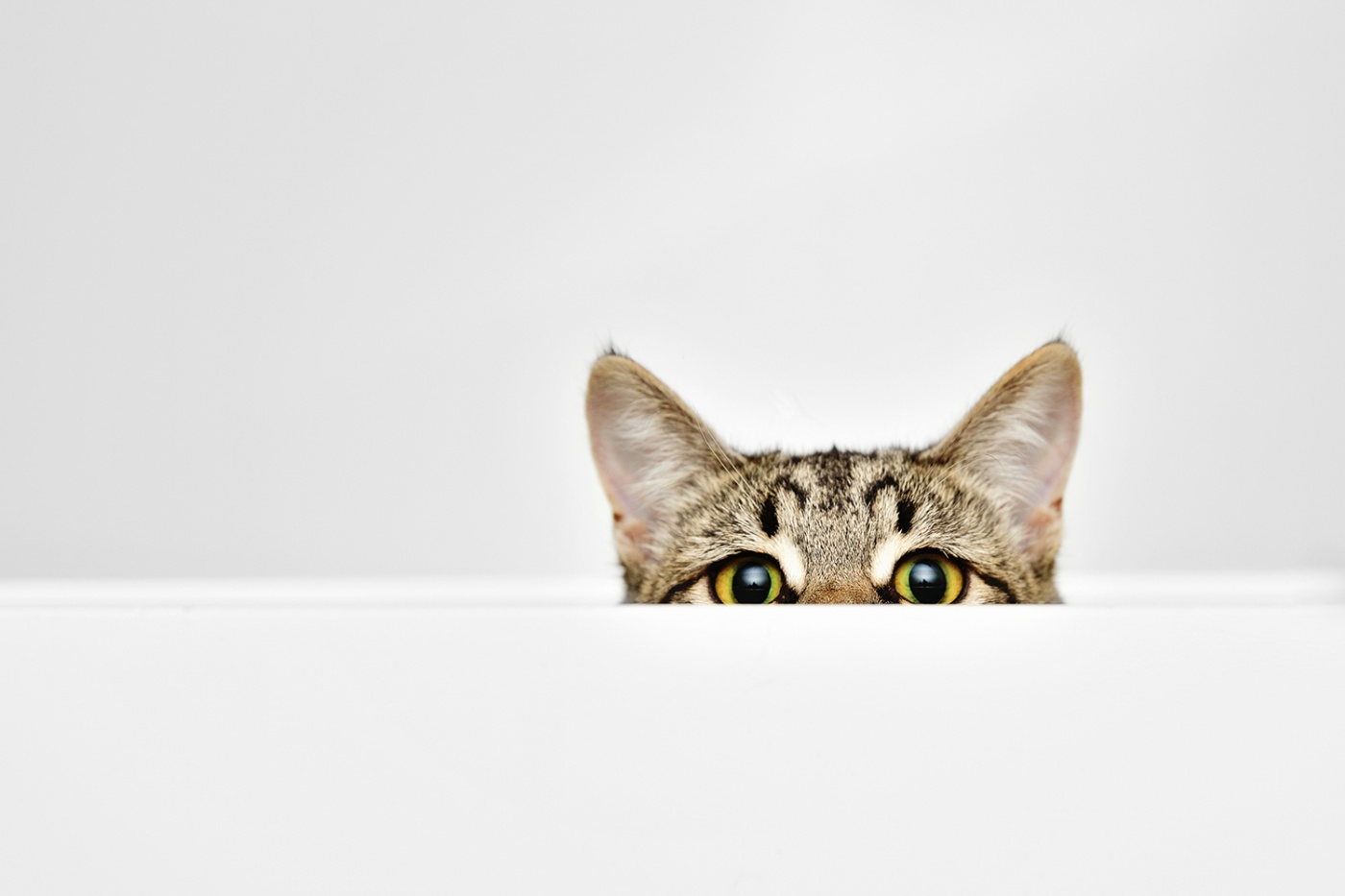Harnessing the Power of Curiosity
Being a typical ENFP (based on the Myers-Briggs Type Indicator), I question the world incessantly. As one of the most broad-minded personality types, we are like explorers—seeking to discover new ideas and possibilities. Oftentimes, our curiosity gets the better of us and we’re the first to go down the rabbit hole (like Alice), without much fear of the repercussions and consequences.
But the world wouldn’t be where it is today without curious minds. In fact, many scientific discoveries like fire and inventions like language are a result of curiosity. Leonardo Da Vinci created a daily list of things he was curious about and set forth to uncover the answers to those questions. Albert Einstein was mesmerised by a compass that his father had bought him when he was four, which ultimately led him to develop a lifelong interest in quantum mechanics. He once said, “I have no special talent. I am only passionately curious.” When we harness the power of curiosity in our everyday lives, we are able to develop greater insight and create joy and wonder in every situation that we encounter. Here are five reasons why living a life of curiosity is the best philosophy to adopt.
Curiosity equips us with knowledge for success.
According to Dr. Tomas Chamorro-Premuzic, a professor of business psychology at University College London, curiosity is one of the essential qualities for success aside from intellectual acuity, emotional intelligence. Notice how high achievers constantly ask questions and can grasp concepts easily? Research has shown that people who are curious about a topic tend to learn quickly. Beyond an emotion and a mental state, being inquisitive is a force that propels us forward, powering us to “fill in the missing gaps” until our learning is complete. The more questions we ask, the more we learn, which helps us develop an expansive mind and a breadth of thinking.
Curiosity helps us be more empathetic.
How does one cultivate humanity and humility? By empathising with others. Curious people seek to understand where people are coming from, and are more willing to expose themselves to diverse cultures, beliefs and ways of living that are radically different from their own. This allows them to be more accepting of others, as they are able to imagine what it is like to be in their position.
A study conducted at the University at Buffalo highlighted that being curious can have you build deep connections and valuable relationships. So, the next time you converse with a stranger, show a genuine interest in their affairs and make an effort to get to know them. They will not only perceive you as being more attractive but also start to feel comfortable with you.
Curiosity exposes us to new ideas and endless possibilities.
Curious people are adept at identifying new opportunities and possibilities. They view the world through a different lens; making connections, gathering moments of insight and meaning, and finding novelty in day-to-day life. If Steve Jobs hadn’t followed his curiosity and taken a calligraphy class at Reed, he wouldn’t have developed computers with beautiful typography. In his commencement speech at Stanford University in 2005, he said, “If I had never dropped in on that single course in college, the Mac would have never had multiple typefaces or proportionally spaced fonts.”
Curiosity replaces fear with wonder.
Author Elizabeth Gilbert once had this to say about the meaning of creative living. It is “any life that is driven more strongly by curiosity than by fear.” Fear tends to hold us back from achieving success and realising our fullest potential. But the more curious you are, the less afraid you’d be of the unknown as well as the outcome. Curious people tend to thrive on uncertainty, as research has shown that anxiety and tension often lead to the most intense longest-lasting positive experiences. Hence, people who partake in new and unpredictable activities find more meaning in their lives than those who rely on the familiar.
Curiosity can create a happier life.
Curious people never see moments as dull and always find ways to inject a sense of playfulness to any task. Moreover, they never judge an activity as boring (even if they haven’t done it before) and try to discover the unfamiliar in the familiar—no matter how small it may be. This “dose of discovery” is important for both our health and happiness. Harvard University psychology professor Daniel Gilbert, who wrote about the relationship between happiness and curiosity, said that we have a greater chance of experiencing joy when we chance upon discoveries, as opposed to an organised quest. Mental health experts also agree that curiosity brings about positive emotions, lowers stress levels and improves our psychological well-being. One of Canadian author and Nobel Prize winner Alice Munro’s famous quotes is: “The constant happiness is curiosity.” So to live life to the fullest, stay curious.


